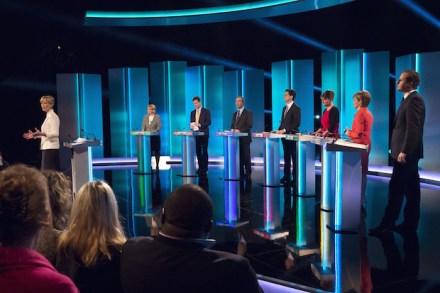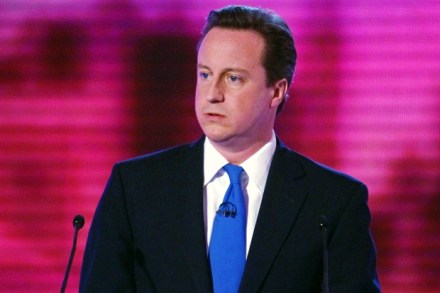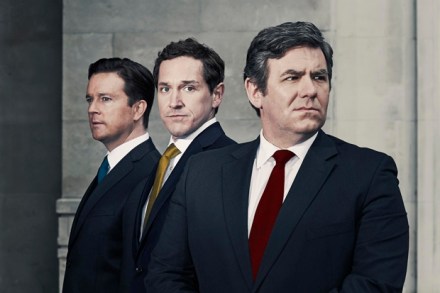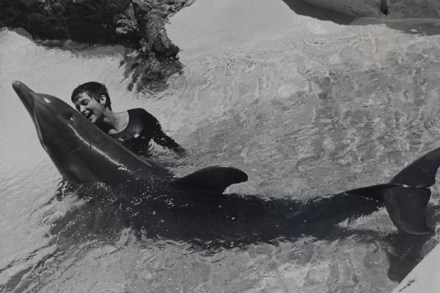The TV leaders’ debate was a well-mannered affair and no one messed up
That was a surprisingly well-mannered debate, tightly moderated, with the main chaos coming from the member of the audience who decided to start heckling (and then stopped, followed by an ominous thud). There wasn’t a big upset at any point, and even the big moments weren’t really big stories. Those big moments were Nick Clegg going straight for David Cameron at the start, Nigel Farage’s rather scary rant, Leanne Wood telling Farage he should be ashamed of himself, Miliband on zero hours contracts, and Clegg turning on Miliband at the end. But no-one messed up. David Cameron came across as being really rather uninspiring, but I suspect that this was the


















